European Arrest Warrant vote: MPs demand 35 motions
- Published
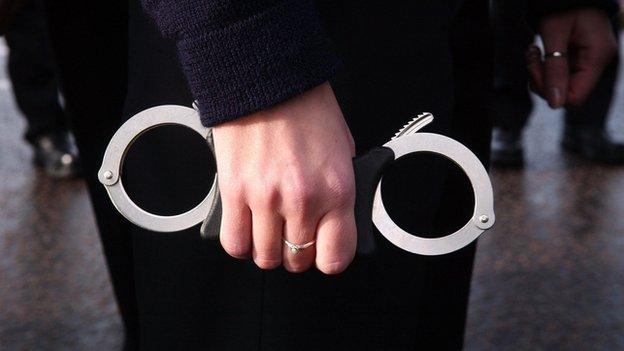
MPs should be given a vote on each of the 35 EU justice measures the government wants to rejoin, a Commons committee has said.
The European Scrutiny Committee also said the government had not explained the "detriment" caused to Britons by the European Arrest Warrant.
The UK has opted out of all 133 EU justice laws and ministers want to rejoin 35, including the EU warrant.
The Home Office said it would "carefully consider" the report.
The UK has to decide by 1 December whether to continue to adhere to the EU criminal justice and law enforcement measures under the terms of the 2009 Lisbon Treaty.
Prime Minister David Cameron, who has promised a vote before the Rochester and Strood by-election on 20 November, is facing a rebellion by Conservative MPs unhappy with the arrest warrant, although Labour and Lib Dem support means the measure is likely to be passed by the Commons.
'Far-reaching'
The Home Office, the police and the security services say the warrant is a vital tool to protect the UK, but some Conservative MPs argue it has been abused and has become a threat to the liberties of Britons and the sovereignty of the UK.
Recently police were criticised after a European Arrest Warrant was issued for the parents of five-year-old brain tumour patient Ashya King, who was taken from hospital against medical advice.
His parents had taken him abroad to undergo proton beam therapy, which had not been recommended by doctors treating him at Southampton General Hospital.
In its report, the scrutiny committee criticised the information provided about the arrest warrant's impact.

Ashya King's parents were released from a Spanish prison after being arrested
The government had set out how the measure had brought serious criminals to justice, the MPs said, but had not covered "the detriment caused to British citizens who have been surrendered to another member state under the [arrest warrant] and, in some cases, detained for lengthy periods of time in poor prison conditions, without being tried or convicted".
Conservative MP Sir Bill Cash, who chairs the committee, said there should be a separate motion for each of the 35 measures, rather than a single vote on the whole package.
He said: "Members have the right to a separate vote on each one because of the individual significance of some of the measures and the need for full and rigorous parliamentary scrutiny."

European Arrest Warrants
The European Arrest Warrant operates EU-wide and replaced separate extradition arrangements between the EU member states
It was introduced in January 2004, and was prompted by the international anti-terror drive after the 11 September 2001 attacks on the United States
A national judicial authority, such as a court, can issue an EU warrant to get a suspect extradited
For a warrant to be valid, the suspect must be accused of an offence incurring a maximum penalty of at least a year in prison, or must have been already sentenced to at least four months in prison

The decision on whether to rejoin the justice measures had "potentially far-reaching implications", the committee said.
But at times, scrutinising the government's plans had been an "uphill battle", it added.
A Home Office spokesman said: "We have opted out of more than 100 police and criminal justice measures but want our police and law enforcement agencies to continue to be able to make use of a much smaller number of measures in the national interest. The prime minister has committed to a vote on this matter before 20 November.
"We will carefully consider the recommendations of the committee and respond in due course."
- Published29 October 2014

- Published29 October 2014
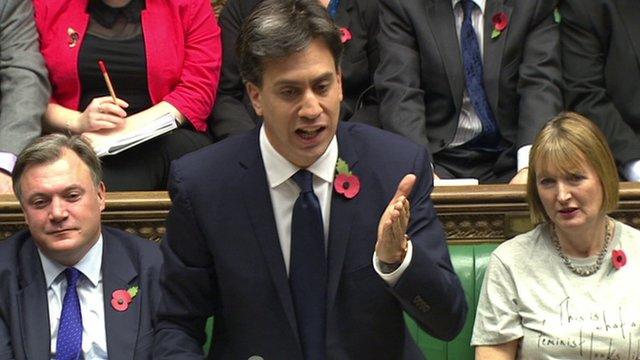
- Published5 December 2014
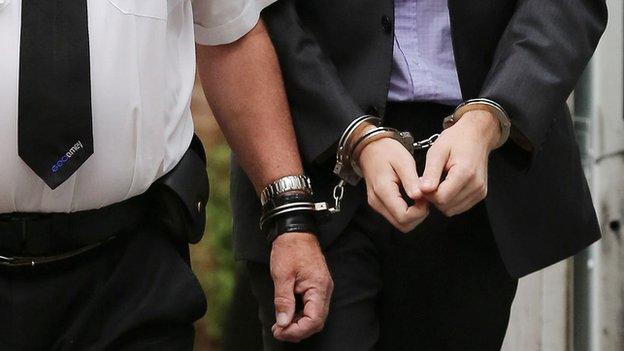
- Published30 October 2014
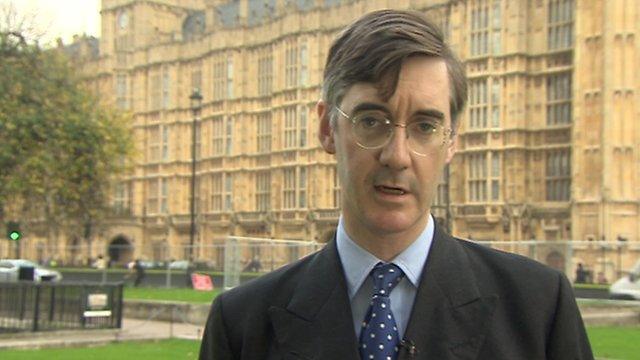
- Published3 November 2014
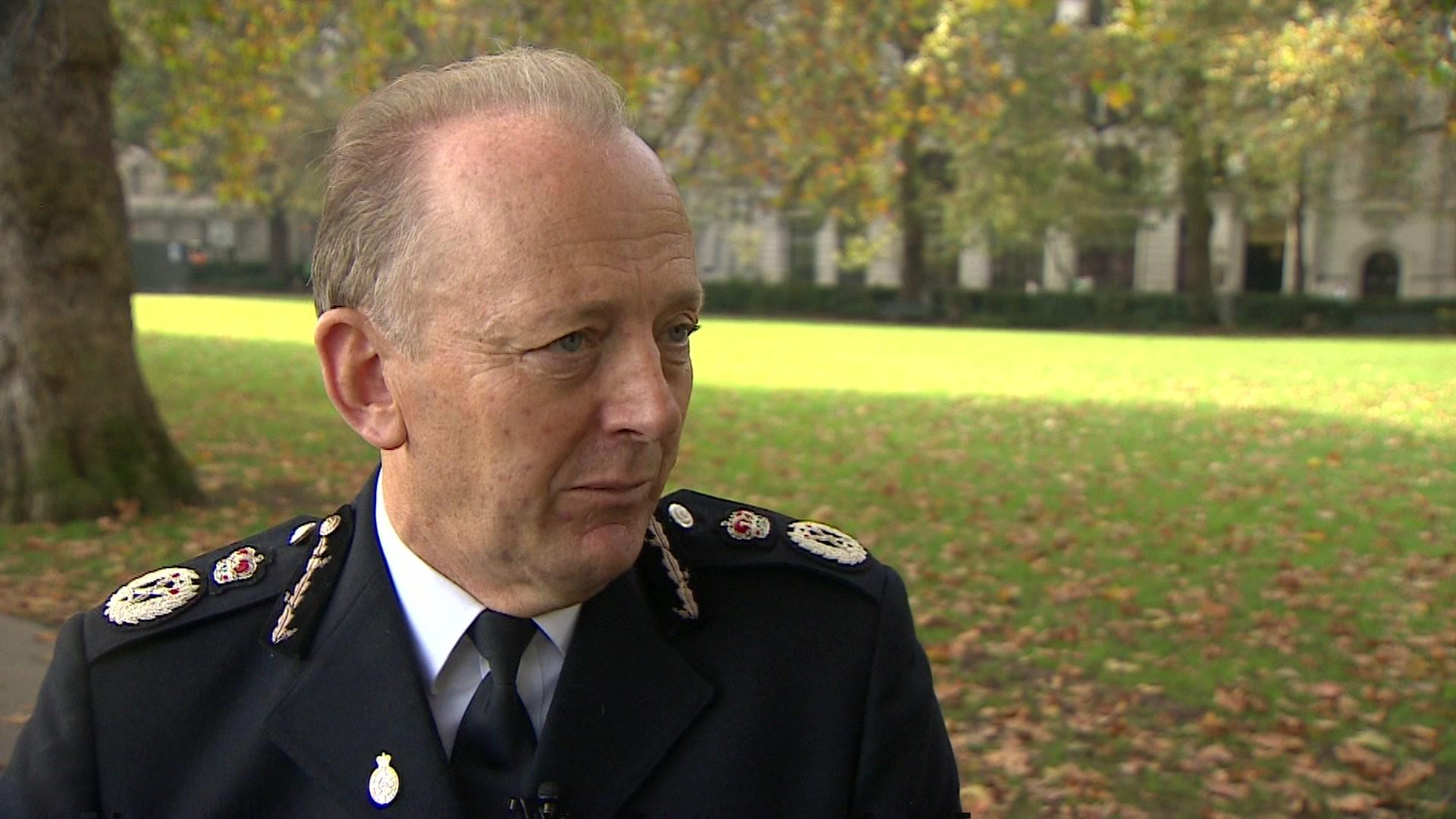
- Published17 October 2014
